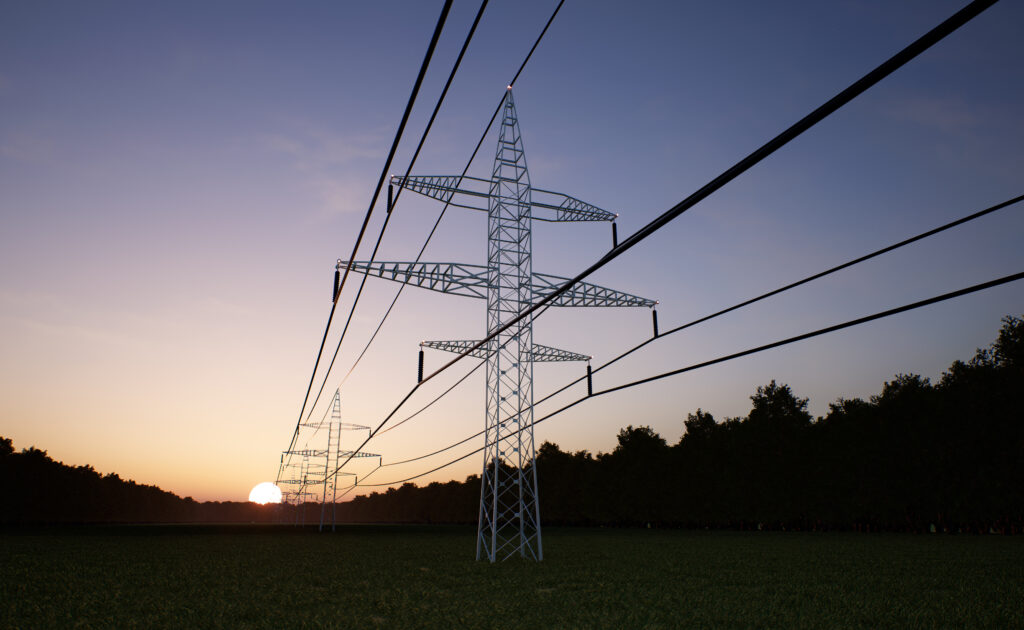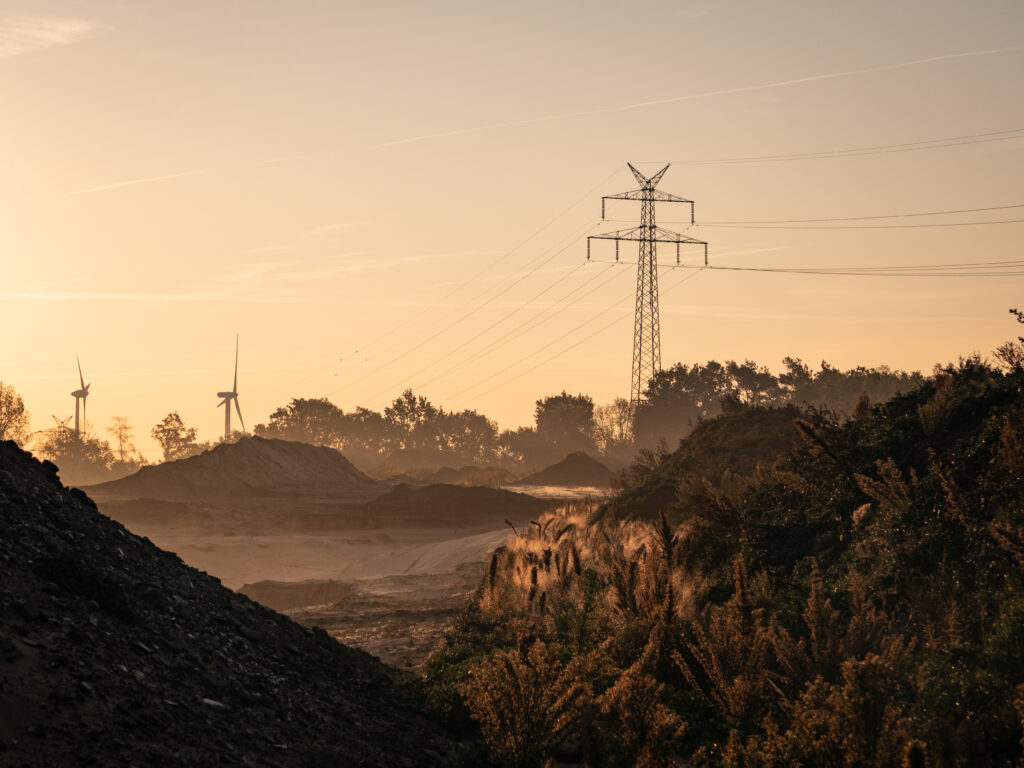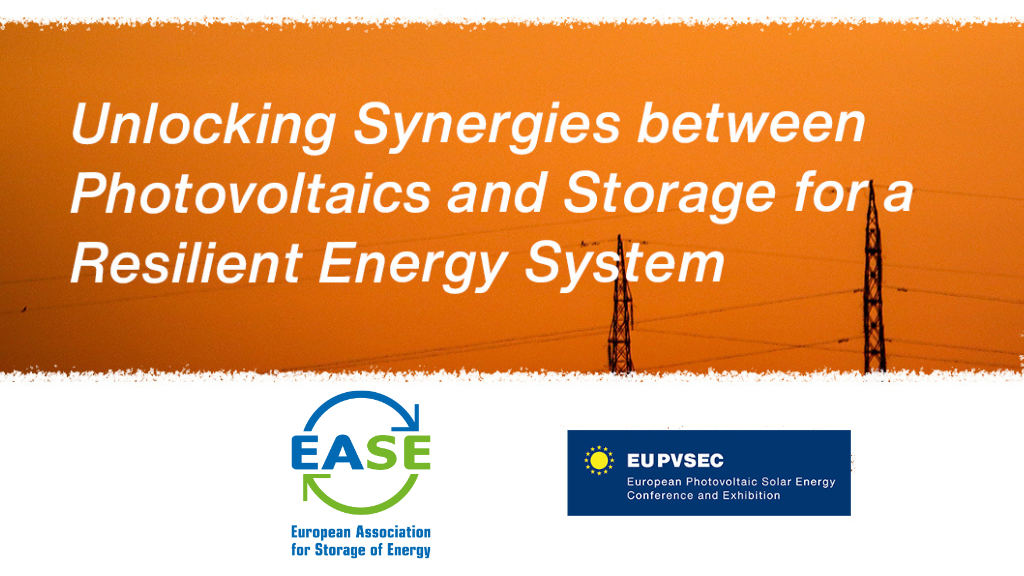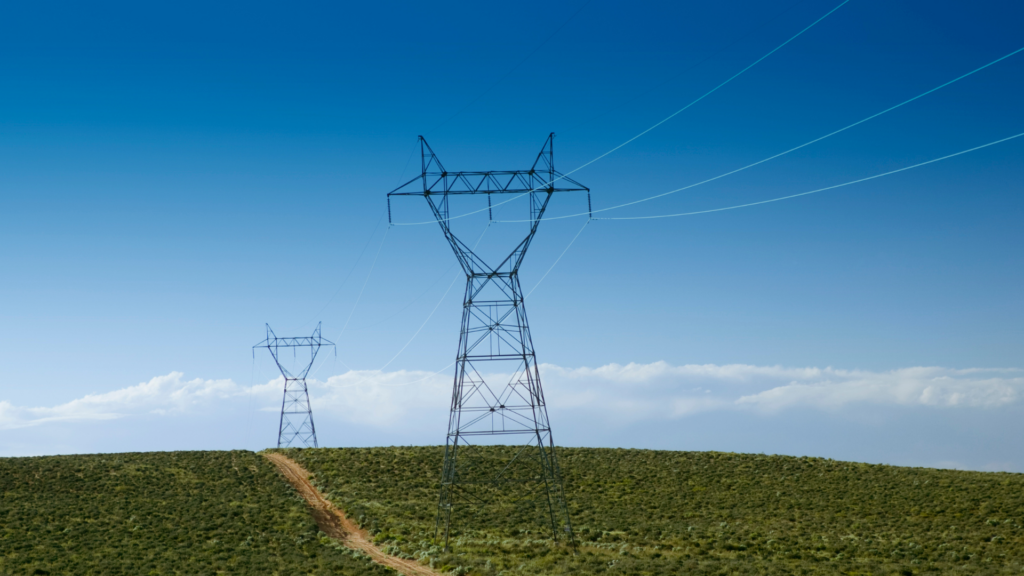October 2018 / Policy Papers
EASE Solar+Storage Position Paper
One of the main aims of the “Clean Energy for All Europeans” Package, issued by the European Commission in November 2016, is to place customers at the centre of the energy transition. The Package empowers customers by giving them the possibility to produce, store, use, and sell their own electricity and be able to contribute to grid stability. The proposals also aim to foster the deployment of energy storage technologies at all levels of the energy system to support the transition to a sustainable and efficient energy system. This is a major step forward compared to the Third Energy Package of 2009, in which energy storage was not mentioned at all.
In particular, the new article of the proposed Renewable Energy directive on national support schemes for electricity generated from renewable sources states that such support should be provided in a form that is as non-distortive as possible for the functioning of electricity markets. This means that energy storage deployment is expected to no longer be discouraged by the use of distorting feed-in tariffs.
Depending on the tariff and regulatory conditions, energy storage devices can provide a variety of services at all levels of the energy system, including in residential consumers’ premises. Small-scale energy storage technologies can be used to optimise self-consumption of solar PV at the residential and community level and enable active consumers to participate fully in electricity markets. Moreover, depending on the regulatory and tariff conditions, energy storage at this level may lead to higher energy system efficiency.
The profitability of residential solar + storage systems depends on the cost of the system, the technical performance of the battery or thermal storage system, the generation and demand profile of the household, grid tariffs and charges, and the regulatory framework1.
Customers have access to an increasingly wide range of energy storage solutions, including stationary solutions such as batteries (lead-acid, Li-ion, flow, etc.) or thermal storage systems, as well as mobile solutions such as electric vehicles. Other small-scale storage solutions could emerge in the future. New business models are being developed and deployed, allowing consumers to access new revenue streams.




